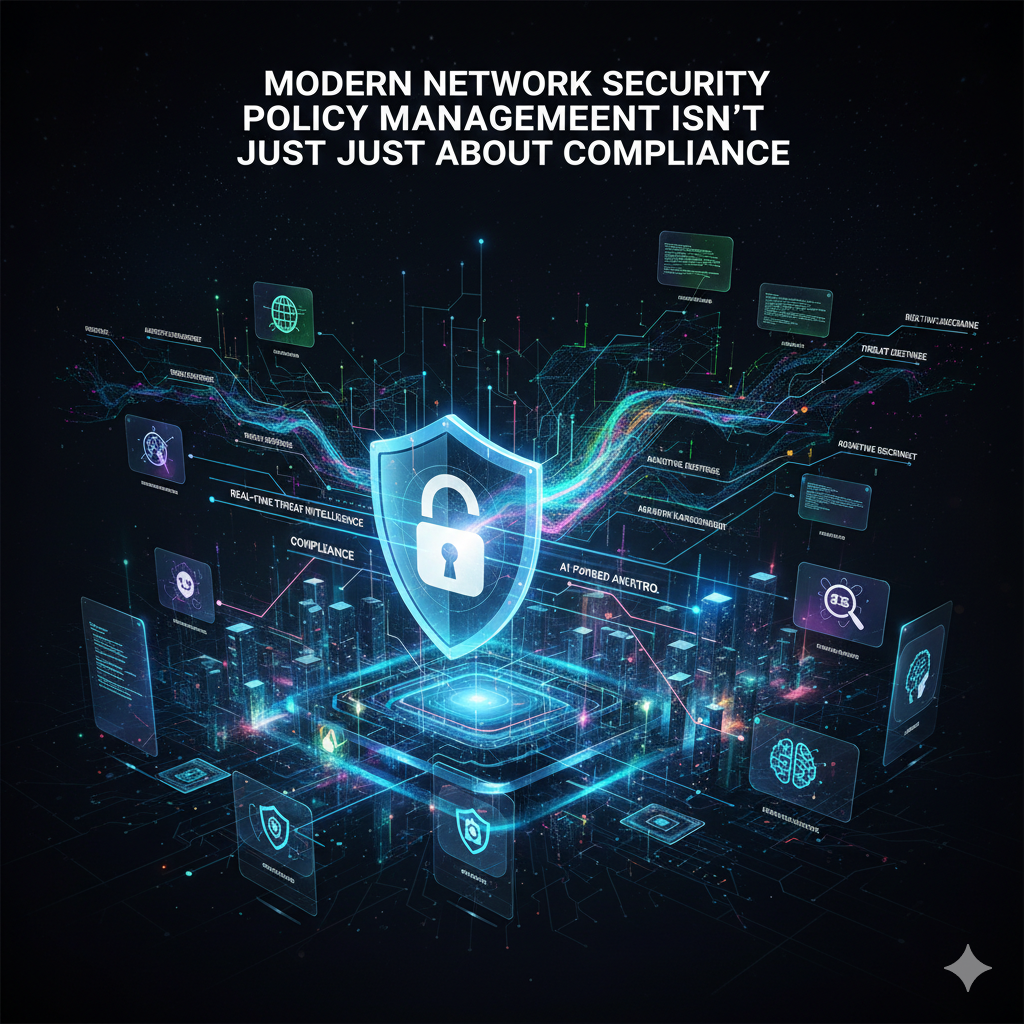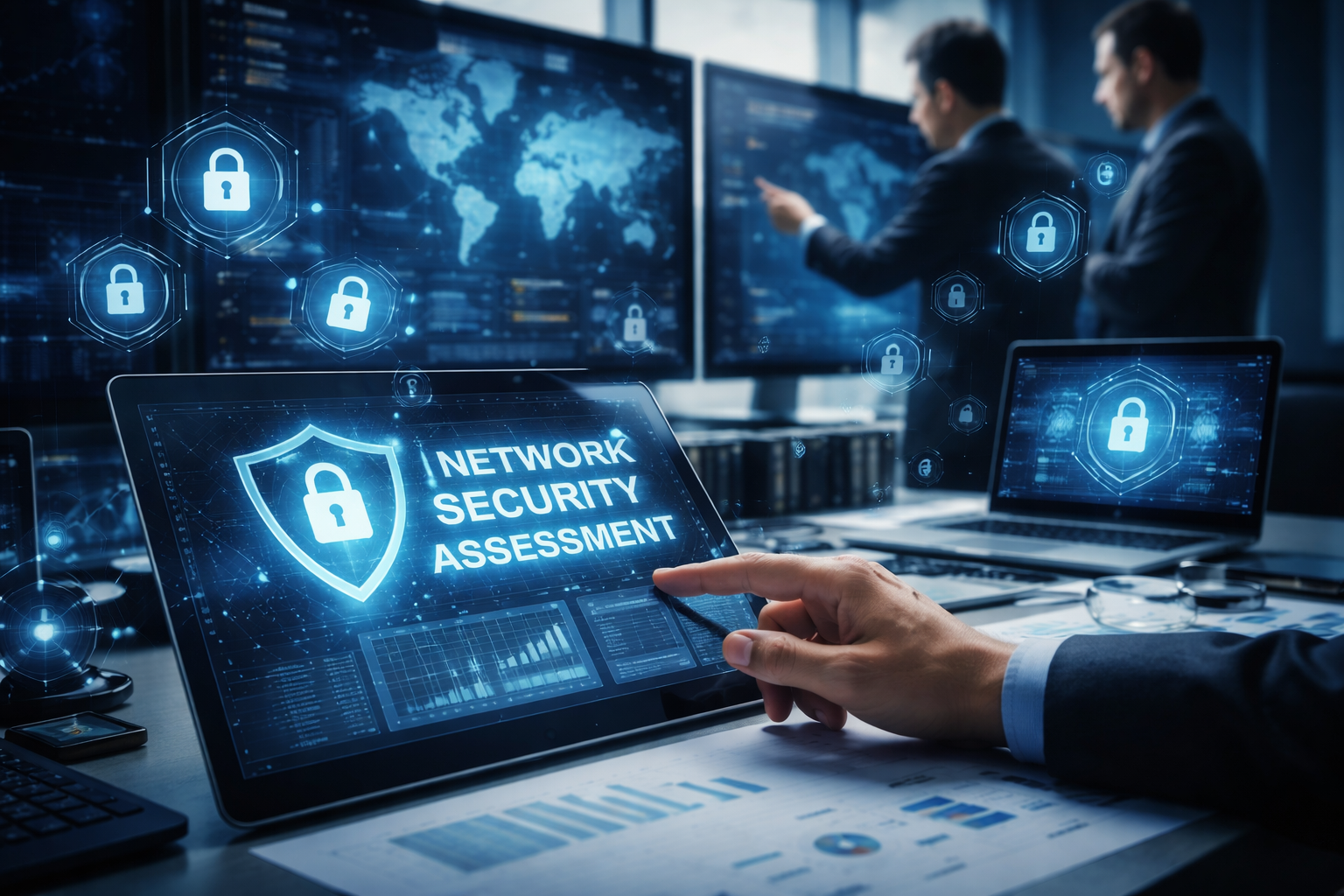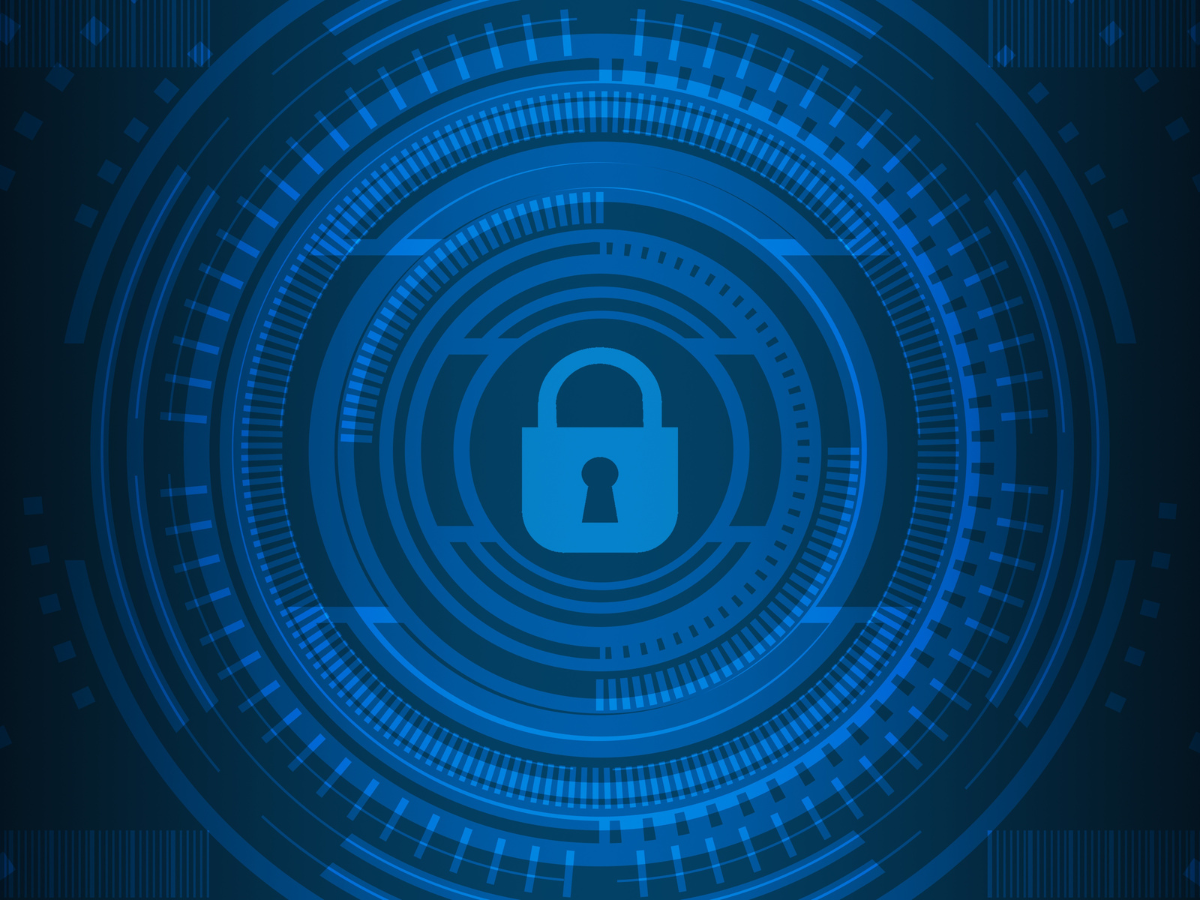In today’s interconnected world, where our lives are increasingly intertwined with the digital realm, computer security has become a paramount concern. As we rely on computers for work, communication, and entertainment, protecting our devices and data from cyber threats is crucial.
Understanding the Landscape of Cyber Threats
The cyber threat landscape is constantly evolving, with new and sophisticated methods emerging to exploit vulnerabilities and compromise systems. Common cyber threats include:
- Malware: Malicious software, designed to harm or disrupt computer systems, can take various forms, including viruses, worms, trojans, and ransomware.
- Phishing: Deceptive emails or websites that attempt to trick individuals into revealing personal information, such as passwords or credit card numbers.
- Social engineering: Manipulative tactics used to trick individuals into divulging sensitive information or performing actions that compromise security.
- Ransomware: A type of malware that encrypts files on a system, demanding payment in exchange for decryption.
- Data breaches: Unintentional or unauthorized access to sensitive data, leading to theft or exposure.
Essential Computer Security Practices
To safeguard your computer systems and data from these threats, it is essential to adopt a proactive approach to computer security. Here are some fundamental practices to follow:
- Keep Software Updated: Regularly update your operating system, applications, and web browsers to ensure you have the latest security patches and fixes.
- Use Strong Passwords: Create strong and unique passwords for all your online accounts, avoiding common words and personal information. Consider using a password manager to help generate and store secure passwords.
- Enable Two-Factor Authentication (2FA): Whenever possible, enable 2FA for your online accounts. This adds an extra layer of security by requiring a secondary verification method, such as a code sent to your phone, in addition to your password.
- Beware of Phishing Attempts: Always be cautious of unsolicited emails or websites that request personal information or ask you to click on suspicious links. Hover over links to see the actual destination URL before clicking.
- Install Antivirus and Anti-Malware Protection: Install reputable antivirus and anti-malware software on your devices and keep it updated. Regularly scan your system for threats.
- Be Mindful of Downloads: Only download software and files from trusted sources. Avoid clicking on suspicious links or attachments in emails.
- Secure Your Wi-Fi Network: Use a strong password for your Wi-Fi network and enable encryption to protect your wireless connection.
- Back Up Your Data Regularly: Regularly back up your important data to an external hard drive or cloud storage service to safeguard against data loss in case of a cyberattack or hardware failure.
Additional Tips for Enhanced Security
Beyond these essential practices, consider these additional measures to further enhance your computer security:
- Utilize a Virtual Private Network (VPN): When using public Wi-Fi networks, consider using a VPN to encrypt your internet traffic and protect your privacy.
- Educate Yourself and Your Loved Ones: Stay informed about the latest cyber threats and educate others about safe online practices.
- Be Cautious on Social Media: Be mindful of what you share on social media and be wary of suspicious messages or friend requests.
- Report Suspicious Activity: If you suspect you have been the victim of a cyberattack or encounter suspicious activity, report it immediately to the appropriate authorities and change your passwords.
Safe Internet Practices
- Exercise Caution with Email: Be wary of suspicious emails, especially those requesting sensitive information or containing unexpected attachments or links. Avoid clicking on links or downloading attachments from unknown sources.
- Secure Your Network: Use encrypted connections (such as HTTPS) and secure Wi-Fi networks. Change default router passwords and regularly update firmware to patch security vulnerabilities.
- Backup Your Data Regularly: Create backups of your important files and store them securely. In the event of a security breach or system failure, backups ensure you can recover your data without significant loss.
Educate Yourself and Stay Informed
Cybersecurity threats are constantly evolving, making it crucial to stay updated on the latest trends and security practices. Follow reputable cybersecurity blogs, attend webinars, and consider certifications or courses to enhance your knowledge. Being informed empowers you to make better decisions when it comes to securing your digital assets.
Securing Your Mobile Devices
With the prevalence of smartphones and tablets, mobile security is equally important. Install security apps, enable device encryption, use secure Wi-Fi connections, and download apps only from trusted sources, such as official app stores.
Business Security Practices About Computer Security
For businesses, protecting sensitive data is paramount. Implement stringent security policies, conduct regular employee training on cybersecurity best practices, and invest in enterprise-grade security solutions to mitigate potential threats.
Computer security is an ongoing process that requires vigilance and proactive measures. By adopting these essential practices and staying informed about evolving threats, you can significantly strengthen your defenses against cyberattacks and protect your valuable data. Remember, computer security is not just about protecting your devices; it’s about safeguarding your privacy, your finances, and your digital identity.





